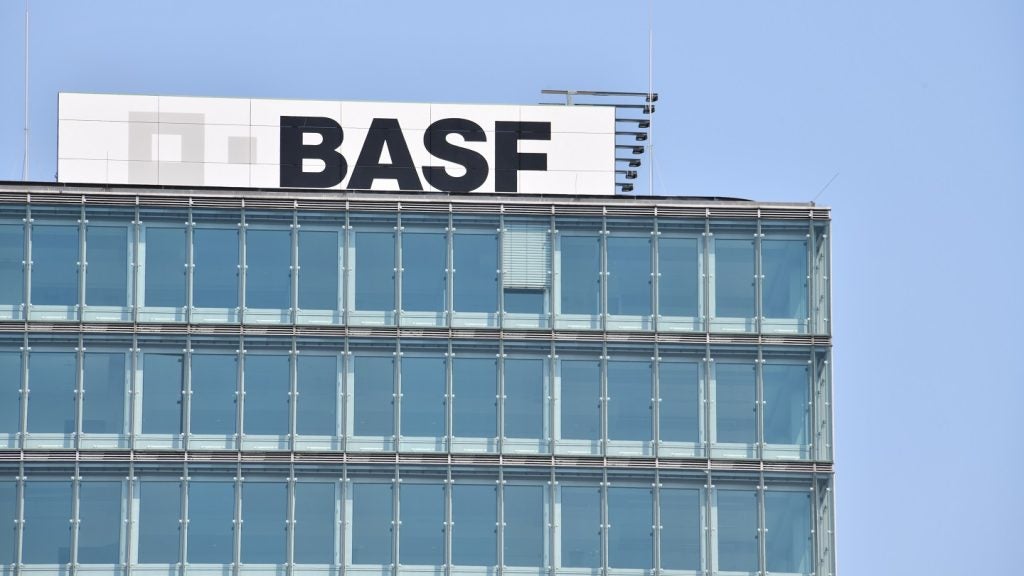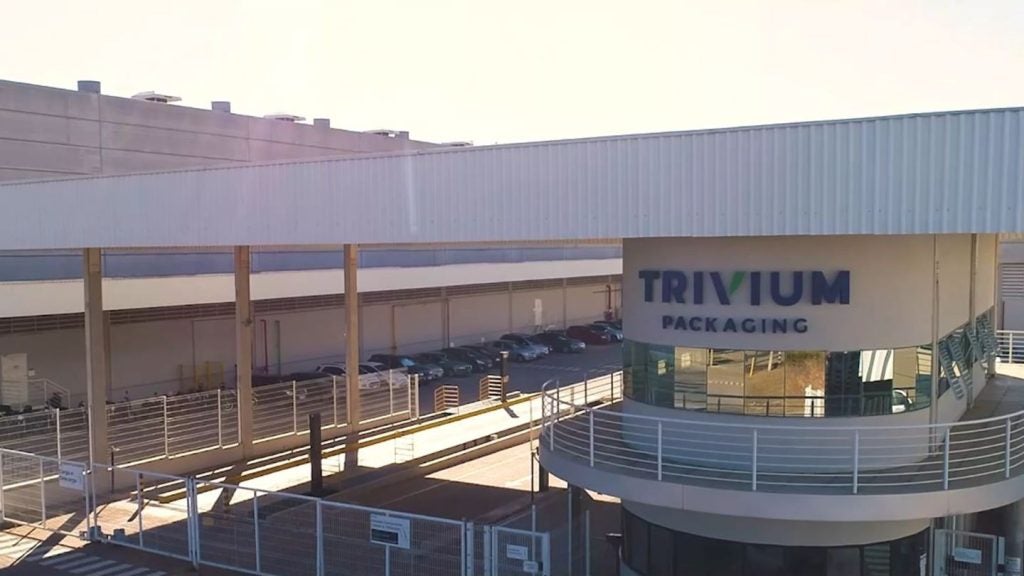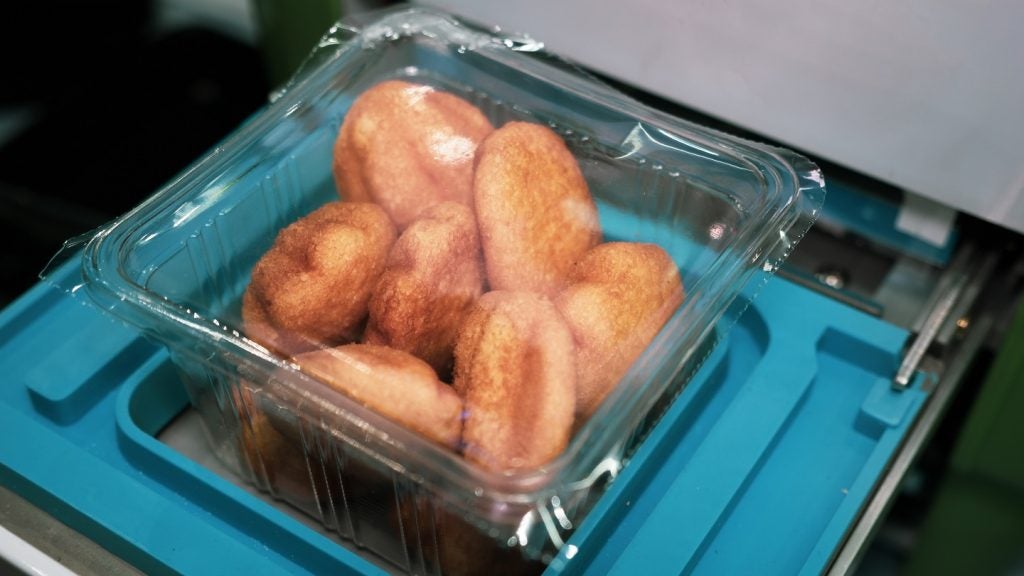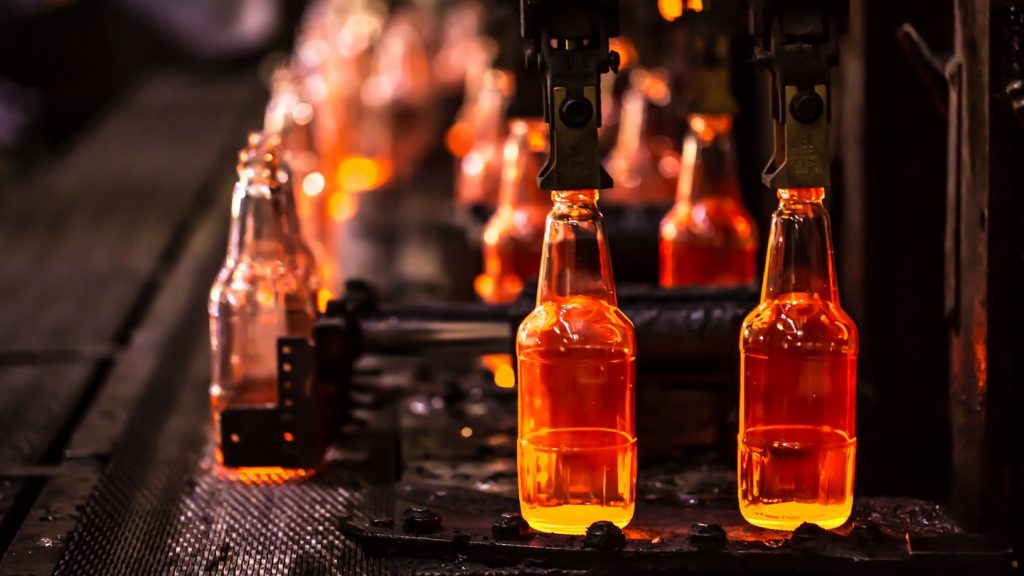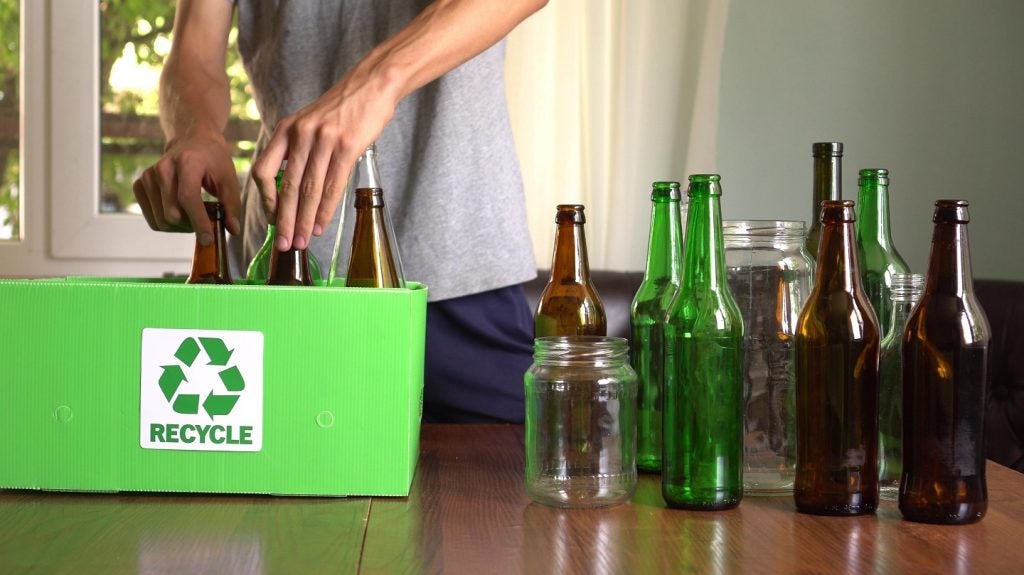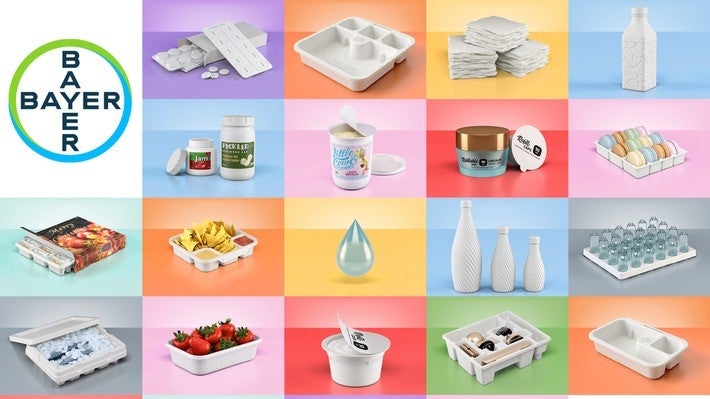German chemical company BASF has expanded its biopolymers portfolio with the introduction of a biomass-balanced ecoflex polybutylene adipate terephthalate (PBAT) variant.
This new product, named ecoflex F Blend C1200 BMB, is designed to replace fossil raw materials with renewable feedstock in the production process.
The renewable feedstock is sourced from waste and residual biomass and is allocated to the ecoflex grade through a mass balance approach, certified by REDcert² and International Sustainability and Carbon Certification (ISCC) PLUS.
In addition to reducing fossil resource usage, the biomass-balanced ecoflex boasts a 60% lower product carbon footprint compared with the standard ecoflex F Blend C1200.
PBAT-based certified compostable products are essential for fostering a circular economy by facilitating the collection and recycling of organic waste.
BASF's ecoflex BMB solution addresses the challenge of fossil resource dependency in PBAT production by offering a solution that is organically recyclable at its end of life.
Fossil feedstock is also replaced with renewable raw materials at the start of the production process.
This innovation allows packaging industry customers to lessen their fossil resource consumption and distinguish their products while maintaining performance and quality without the need for additional investment in new processing lines.
BASF's PBAT maintains identical properties, quality, and certification to the conventional grade, ensuring that customers can use BMB without having to requalify their applications, reformulate compounds, or modify manufacturing processes.
BASF global business management and Biopolymers head Marcel Philipp Barth said: “As a pioneer of biopolymers, we are continuously striving to support our customers in the transition to a circular economy with renewable resources.
“Our ecoflex BMB, an industry-first on the global biopolymers market, advances the sustainability efforts in the packaging industry by reducing the use of fossil resources, decreasing greenhouse gas emissions, and driving the use of renewable feedstock derived from organic waste and residual biomass.
“In this way, we help our customers make informed decisions about product design, thus shaping a more circular packaging value chain.”
In July last year, BASF collaborated with sustainable backpack brand baesiq to launch a new sustainable bag range.


